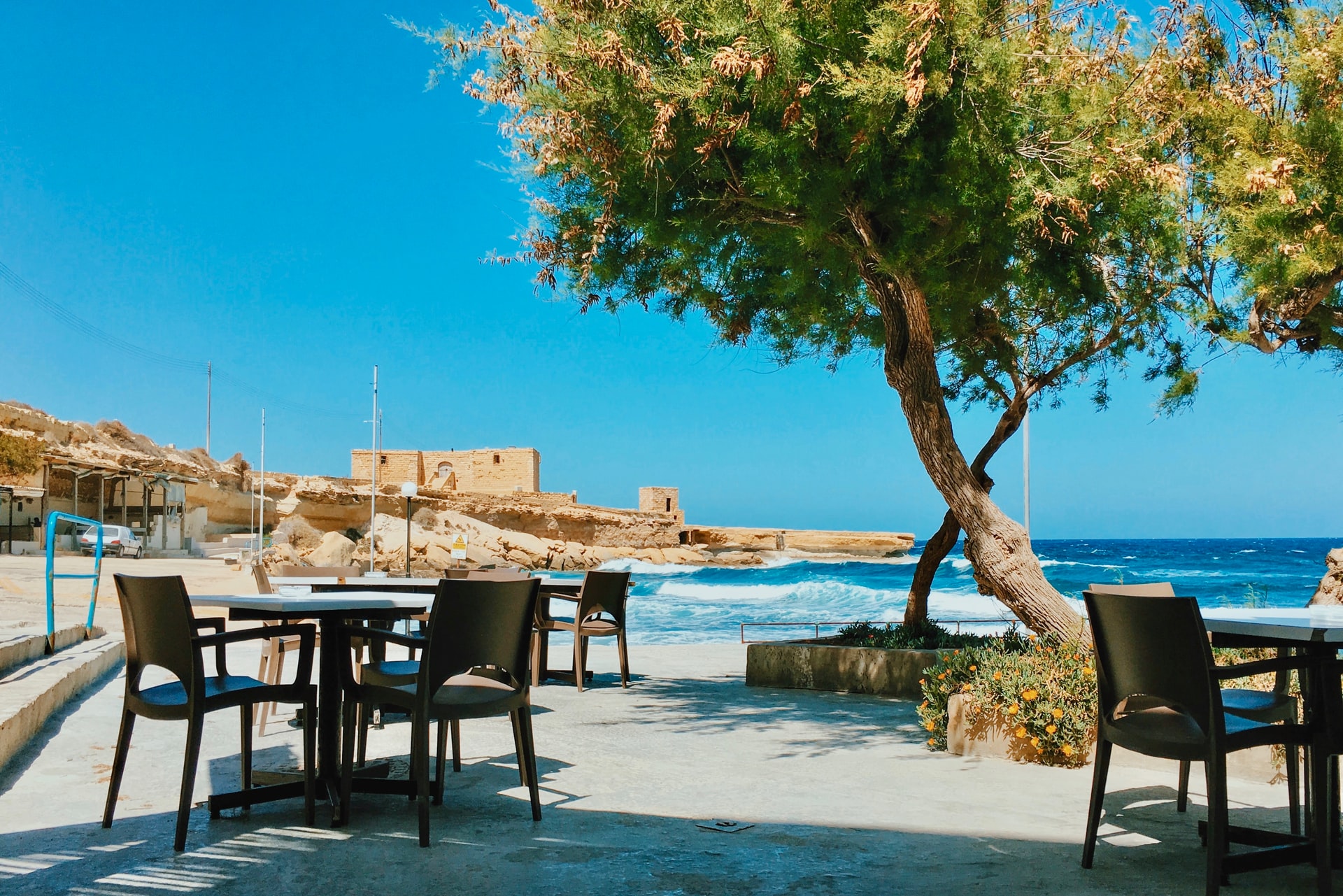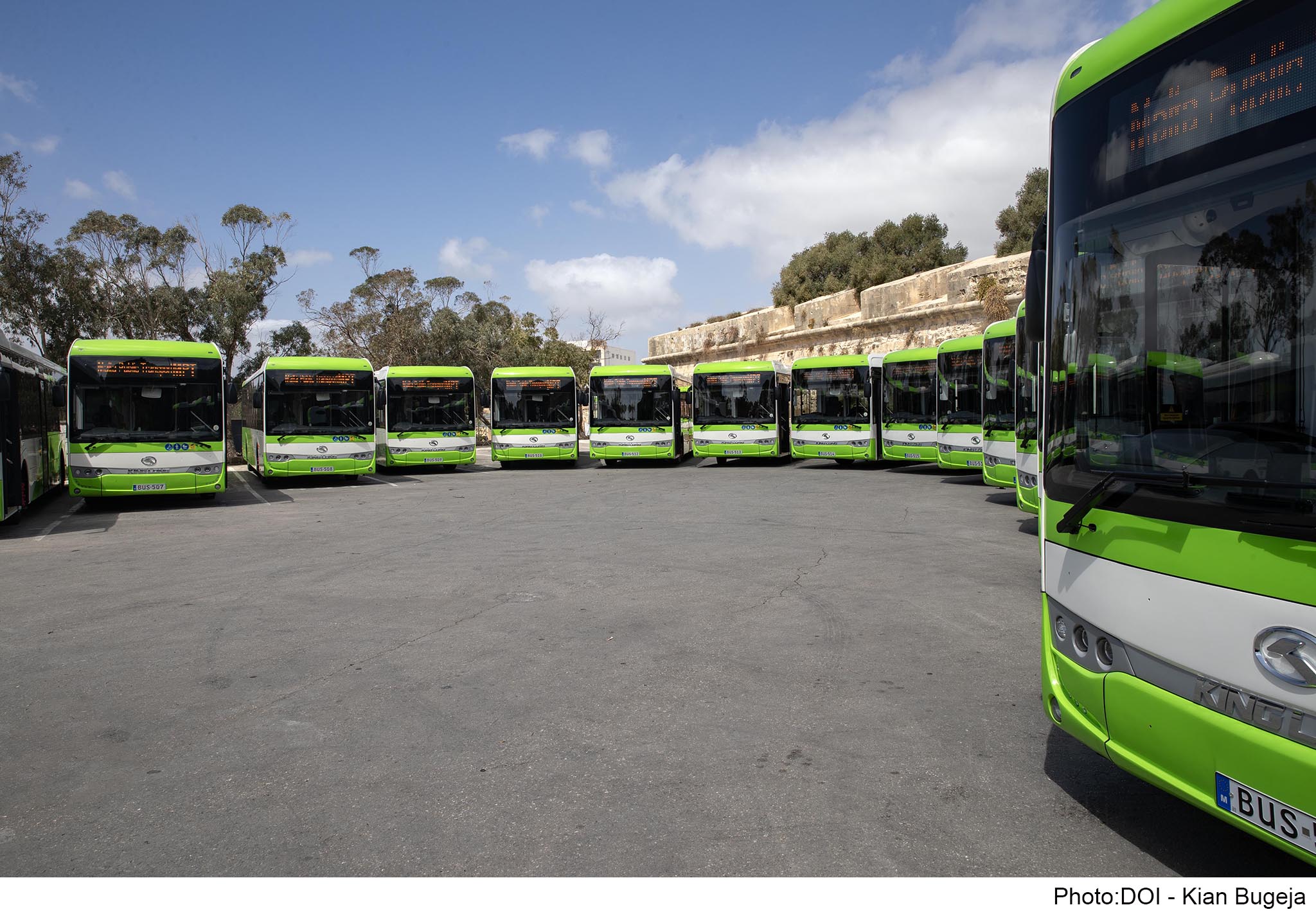Malta’s restaurants enjoyed an almost-full return of tourism this summer, translating into packed eateries and bustling cafes. It should have been the summer when most restaurants could build back some financial reserves, having been subject to pandemic related restrictions on and off since 2020, until early 2022.
Inflation, however, together with persistent staff shortages has put the breaks on the optimism the catering industry felt ahead of summer, eating into profits considering there is a limit to how much establishments can pass on the rising costs to the consumer.
The following comments were gathered and first featured on WhosWho.mt, which contacted a number of local restaurants to provide some insight into their performance over the busy summer period and their predictions for the months ahead.
“Our performance over the summer was very good as there were plenty of customers”, a spokesperson for St Julian’s-based restaurant Bianco’s explained, yet this was also coupled by “very high expenses and ever-present issues related to staff shortages”.
Joseph Mercieca, Managing Director at Gozo’s Country Terrace remarked that while the restaurant experienced an improved performance in May and June due to “incentive functions”, this was less so in July and August since there were “less Maltese travelling to the island”.
Manouche Craft Bakery & Bistro General Manager Edmond Bonett said that he “had projected and hoped for better overall revenue this summer”, especially since it could have been achieved through “an increase in footfall and daily covers, or else a higher average spend”. However, he added that this “was not the case” for Manouche.
Browns Kitchen Owner Sandro Mamo remarked that it was not a bad summer, and its performance was “very close to normality”. A spokesperson for Bistro 516 shared similar thoughts about the last few months. However, the two restaurants, both located at the Valletta Waterfront, also expressed their concerns for the future given the lack of staff, a problem that restaurants have continuously struggled with in recent years.
Mr Bonett explained that the planning, sourcing, and training of new employees in time to cope with the demand while also maintaining standards has proven to be a challenge. “Different organisations and business types approach this in various manners but I strongly believe that most, in one way or another, found challenges here, be it lack of necessary and relevant experience, correct mindset, overall quality and employee expectations, to name a few,” he said.
While United Restaurant’s performance was “more or less the same as before the pandemic”, representing a “very satisfactory” summer for the Mġarr-based restaurant, since it is primarily a winter destination.
Business Administrator Maria Agius added, however, that a shortage of staff remains an issue. “It is nearly impossible to find suitable staff, especially English-speaking ones, as most workers opted to change their line of work during the pandemic,” she said.
“Our Maltese style food would not have been enjoyable through delivery, and as a result we have been heavily hit by the pandemic, leading to employees having to change their jobs at the time. People have tasted the perks of other jobs and have stayed in their new field, or else only returned on a part-time basis,” she said.
While pandemic-related restrictions were completely removed earlier this year, restaurants have been starved of any form of respite due to mounting inflationary pressures driven by the Russian invasion of Ukraine. Some restaurants have opted to absorb some of the rising costs or restructure their operations, while others have been left with no other choice but to increase their prices.
“We are absorbing as much as we can from it,” Mr Mamo explained, before adding that he is absorbing “some of the costs” himself so that Browns Kitchen does not end up suffering as much. Contrastingly, the Bistro 516 spokesperson remarked that “the only real option for us to raise our prices”.
Manouche has witnessed an “increase in supplier prices on near enough everything we purchase, or close to it,” Mr Bonett said. However, it avoided making any changes to ingredients or staffing levels so that it is “in a position to provide clients the overall experience they deserve”.
“Inflation has had a bigger impact on us than the pandemic,” a spokesperson for a restaurant in Qawra said. “The biggest problem is pricing, as it has become a struggle to maintain operations especially since we do not want to fully shift the financial burden on customers,” they continued.
When asked about their prospects for the coming winter period and whether they foresee a return to pre-pandemic numbers, there were relatively mixed replies, with some eager for it while others are “a bit worried”.
With Manouche’s concept being more tailored for autumn and winter months, Mr Bonett is “hopeful that this will help us close the year on a much more positive note”. He noted that through the company’s experience, perseverance, determination, and creativity at all levels, Manouche’s future is “bright”.
“We have already reached pre-pandemic levels, but I’m noticing one or two days that are slower in the middle of the week. We still get fully occupied Saturdays, but as a winter choice, this will now most likely shift to Sunday lunches and Friday and Saturday dinners. Over this last year especially, I have noticed that there are days when we used to be quiet and now are busy, and vice versa,” Ms Agius explained.
However, she added that it all boils down to inflation, as if bills continue to be too high, customers might end up seeing “going out as a luxury rather than as a way to socialise,” leading to bars and coffee shops to thrive as a result. “With limited budgets, some restaurants might be hard hit and could end up closing,” Ms Agius said.
Mr Mercieca explained that the winter period could be a problematic one for Country Terrace and other Gozo-based restaurants, primarily because there could be a “lack of local people choosing to have a staycation in Gozo due to the rise of cost of living, fuel and electricity, as well as the negative impact inflation will have on the Cost of Living Allowance (COLA)”.
Bianco’s spokesperson voiced their concern about this, as “if foreigners are affected by inflation, then they will be less likely to spend in Malta”. Mr Mamo is similarly anxious about the situation, as he is expecting a “quiet winter” due to inflation and “talks of a possible recession”.
Likewise, the Qawra restaurant’s spokesperson stated the primary goal for the restaurant in winter is “to stay open”. While the restaurant is “busy overall, the very high expenses are still mounting pressure on us,” they said.
Christmas often proves to be the vital period for restaurants during winter, with a number of family gatherings and staff parties being organised.
Mr Bonett remarked that Manouche has already booked dates in December for some confirmed events, primarily since the brand’s portfolio consists of five outlets that could host both large events and also smaller, more intimate ones.
On the other hand, the other restaurants stated that they are yet to receive a steady number of bookings for the festive period.
Unpacking Malta’s new American-style bankruptcy framework
The EU is reforming its insolvency rules to adopt some of the most beneficial elements of the US framework
More than half of all workplace deaths in last two years involved construction
No women died on the job in 2022 and 2023
Government shells out close to €70 million to national bus operator Malta Public Transport in 2023
Buses became free for residents in late 2022, leading to a hefty increase in the public subsidy






